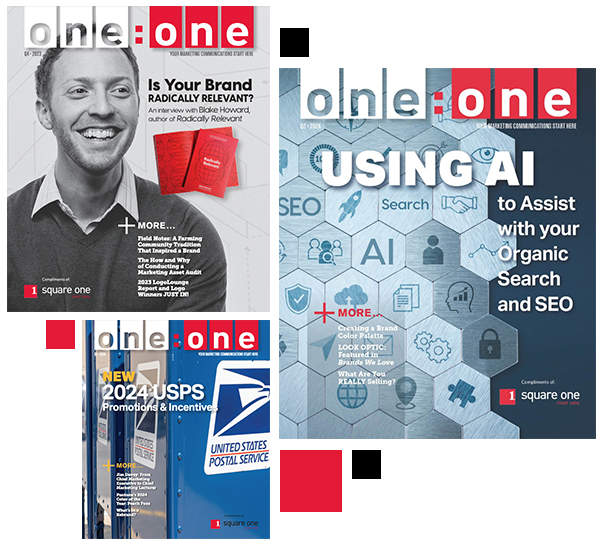ONE:ONE Magazine
Designed to inspire and empower marketers with insights into personalized and impactful campaigns. Each issue features expert advice, industry trends, and success stories that highlight the transformative power of one-to-one marketing. From innovative direct mail strategies to cutting-edge print solutions, One:One serves as a trusted resource for businesses looking to elevate their marketing efforts and connect with their audience in meaningful ways.

